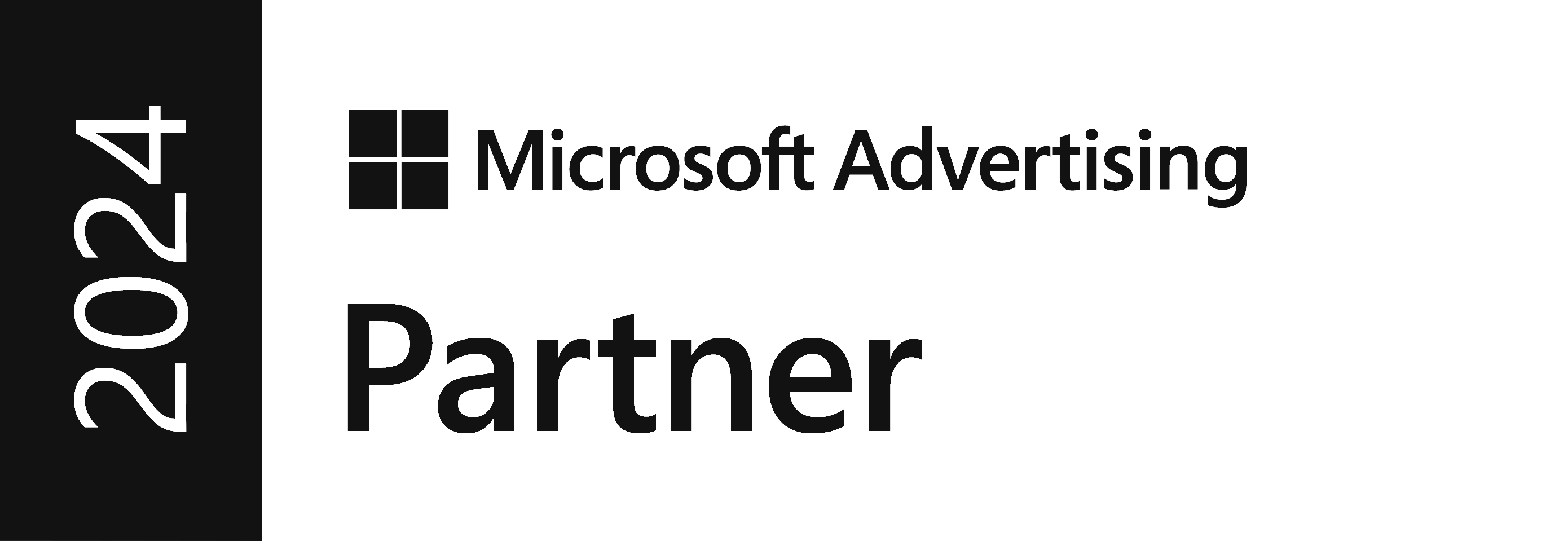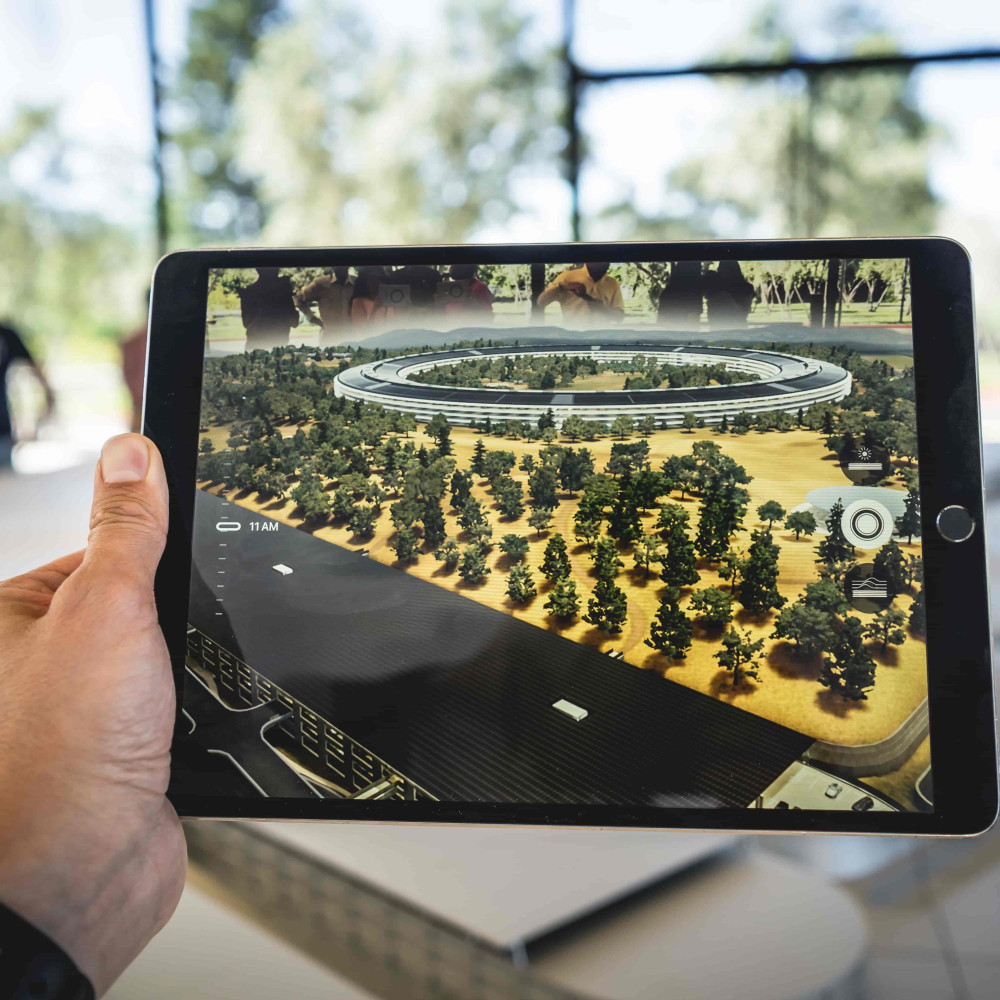With AI taking the centre stage of discussion as the future of marketing, many assume that the momentum of the metaverse has started stagnating with well-known figures in the technology industry like Bill Gates and Elon Musk pointing out how metaverse technologies have not accomplished the revolutionary movement that was expected. However, despite not making a substantial impact, a ripple effect from Augmented Reality has created previously untapped opportunities for businesses to innovate in aspects of the customer journey, engagement and more. One such technology making a difference is AR, also known as Augmented Reality.
What is AR?
Firstly, let’s scrounge up on the basics. What is Augmented Reality? Often referred to as AR, Augmented Reality is a derivative of VR with a shifted focus on merging the virtual realm and our own reality, instead of the fully immersive experience that VR provides. Augmented Reality incorporates itself into our world by using digital elements like images, animation, sound, and mapping through our home or portable devices. For example, through smartphones, TikTok provides its users with a plethora of fun digital overlays for solo or group selfies, making you look like a pirate, an animal or a different age.
A simple way to think of AR is by being able to see the real world with a virtual overlay on top. This is already used by a large number of companies. Take Ikea, for example, where you can use your camera to place virtual furniture into a space to visualise how a new piece of furniture might look in your home.
What is the Difference Between AR and VR?
Can you tell the difference between AR and VR? Augmented Reality isn’t limited to the confines of an often pricey and bulky headset that is reminiscent of a VR lifestyle. AR plays a part in reimagining content creation, networks, mobile applications and even sales presentations. Mobile games like Pokemon Go are a popular demonstration of what is Augmented Reality and how it can work in the field. In Pokemon Go, the app utilises your location services and camera to make ‘pocket monsters’ appear in the immediate area of the real world through your smartphone. The app even allowed you to interact with these creatures by attempting to capture and evolve them. If you love it or hate it, no one can deny the explosion of notoriety Pokemon Go achieved with the game trending around the globe amongst youths, adults, and some seniors.
Examples of platforms already using Augmented Reality
- Snapchat
- Google Maps
- TikTok
Alternatively, VR provides a fully simulated experience that teleports a user to a 3D virtual world. Almost synonymous with AR, VR has applications in the sectors of entertainment, education, and business. Some examples of VR are online community hubs like VR Chat and games like Beat Sabre. Additionally, VR plays a significant part in the creation of online avatars, 3D modelling and the medical surgery sector. Despite being like each other on the surface, there is a distinct difference between AR and VR.
What are the Opportunities in Augmented Reality Marketing?
With many looking towards Artificial Intelligence (AI) as a promising aid for a business’s digital marketing toolbox, you may wonder if the Metaverse has anything that could realistically provide a valuable service. However, the metaverse still holds some untapped potential that could revamp a business’s marking and sales tactics. According to an article from XR Today, the top six industries for AR/VR are education, healthcare, Construction, manufacturing, automotive and retail.
Examples of other industries that could apply Augmented Reality
- Restaurants
- Museums
- Salons
- Tourism
There are a few applications that Augmented Reality marketing could have in your business right now. Whether your industry is broad or niche, AR could revamp your current strategies and make you the trendsetter rather than the trend checker in your industry.
Presentations and Customer Journey
Feel like your sales presentations could do with an update to pull in more customers? Augmented Reality is being used to break the mould of the standard sales presentation with AR-powered virtual presentations that also impact the later stages of the customer journey. Large retailer brands like Argos, and Ikea have applications that allow customers to see a 360-degree representation of the furniture they are looking to buy and have it overlay the camera to help the customer decide if the product will fit their space and surrounding home decor. In some cases, AR can also be a means to provide helpful insights into your campaigns.
Examples of Augmented Reality being incorporated into the customer journey
- Ikea Place: an AR app that allows customers to visualise how a furnishing will look in their home before making the purchase.
- Makeup Virtual Try-on Maybelline: an AR app that allows customers to try on all Maybelline Makeup products using their own phone.
- Carpetright’s Flooring Visualiser: shows how your chosen flooring will look in various rooms.
AR Advertising
Augment Reality marketing Another avenue that AR can be incorporated into is advertising. AR advertising campaigns can create an interactive and engaging experience for consumers. In a forecast from Zenith UK on cultural trends, they surmised global ad spending would grow by over 30% each year until 2023. Furthermore, the success of AR advertising was properly tested several years prior when Pepsi Max, a leading brand in the soft drink industry, revolutionised the standard commercial strategy for a London bus shelter. This ambitious ad campaign from the soft drink giant incorporated numerous AR visual effects, like a giant robot, a free-roaming tiger and a man dangling from a cluster of balloons. What was the result? The campaign was a viral success, achieving 3 million views on YouTube in only 5 days! Furthermore, a PR frenzy of reporters globally spotlighted this incredible achievement in advertising to over 385 million viewers.
Is Augmented Reality the Future of Marketing?
AR is everywhere and has been around longer than you may have realised with many around the world finding it fun and engaging. However, you may still be apprehensive if it is worth committing your resources to an AR campaign. Concerns like imprinting memory retention of a brand or promotions through ad campaigns can be a deterrent to experiment. With that in mind, Zenith UK found something intriguing. According to their findings, encoded memory retention is 70% higher for AR experiences. Whether you are a large business or in a niche sector, AR could revamp your advertising and help promote your brand in ways you’ve never thought were possible. As humanity continues to make technological advancements, time will tell if Augmented Reality becomes the future of digital marketing. Despite its setbacks, AR has the potential to revitalise a business and its campaigns.
What can benefit from Augmented Reality?
- Customer journey
- Brand awareness
- Advertising campaigns
- Rapid growth of online presence
At Optix Solutions, we are a progressive agency, constantly researching the latest trends to provide the most effective marketing services for our clients. Check out our Case Studies page to find out what services we have provided for some of our valued clients.
1st Floor, Alphin Brook House,
Alphin Brook Road,
Exeter EX2 8RG
MORE THAN
Digital
Marketing.
View our sustainability page.
PPC for B2B
PPC for Law Firms
PPC for Luxury Ecommerce Brands
PPC for Travel and Tourism
GEO Audit






